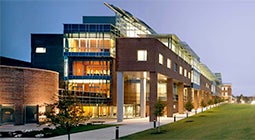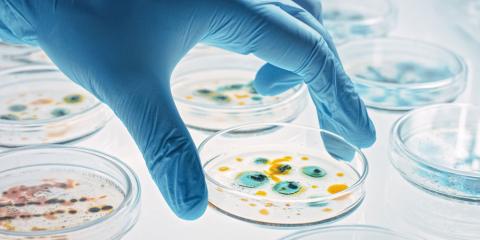
How can we design processes, systems, and materials to provide greater adaptability to a rapidly changing world? This research area is an expansive exploration into ideas for building more resilience into important human infrastructures, from power grids to financial and economic systems, from materials to how we manufacture, store, and transport them. The array of initiatives in this new thrust will grow quickly, as more and more initiatives focus on building a more resilient world.
Faculty
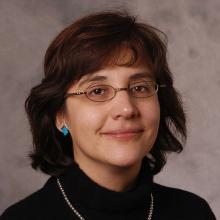
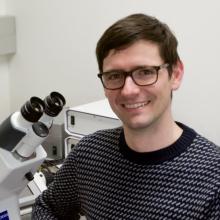
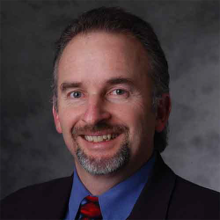
Professor and Technology Manager, CESMII Northern Regional Manufacturing Center

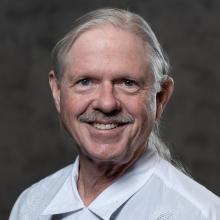
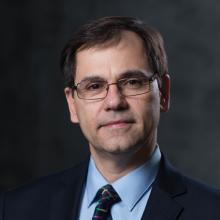
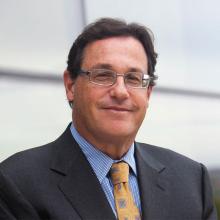
Institute Professor, Chemical and Biological Engineering, Member National Academy of Engineering, Vice President, Office of Strategic Alliances and Translation
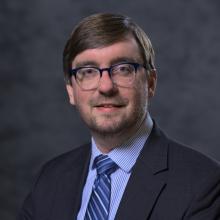




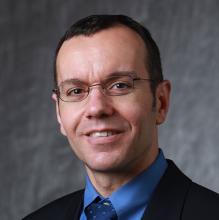
Dorothy and Fred Chau ʼ71 Career Development Constellation Professor in Biocatalysis and Metabolic Engineering

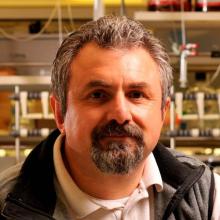



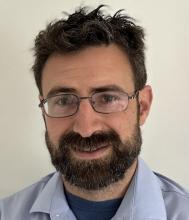
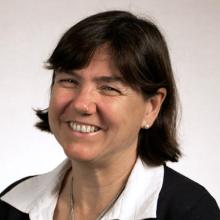


Yamada Corporation Professor and RPI Co-Director, Center for Engineering and Precision Medicine (CEPM)
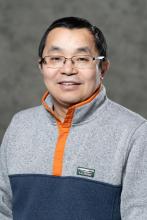

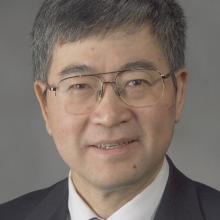
Clark & Crossan Endowed Chair Professor, Director of Biomedical Imaging Center, Editor-in-Chief of IEEE Trans. Medical Imaging


